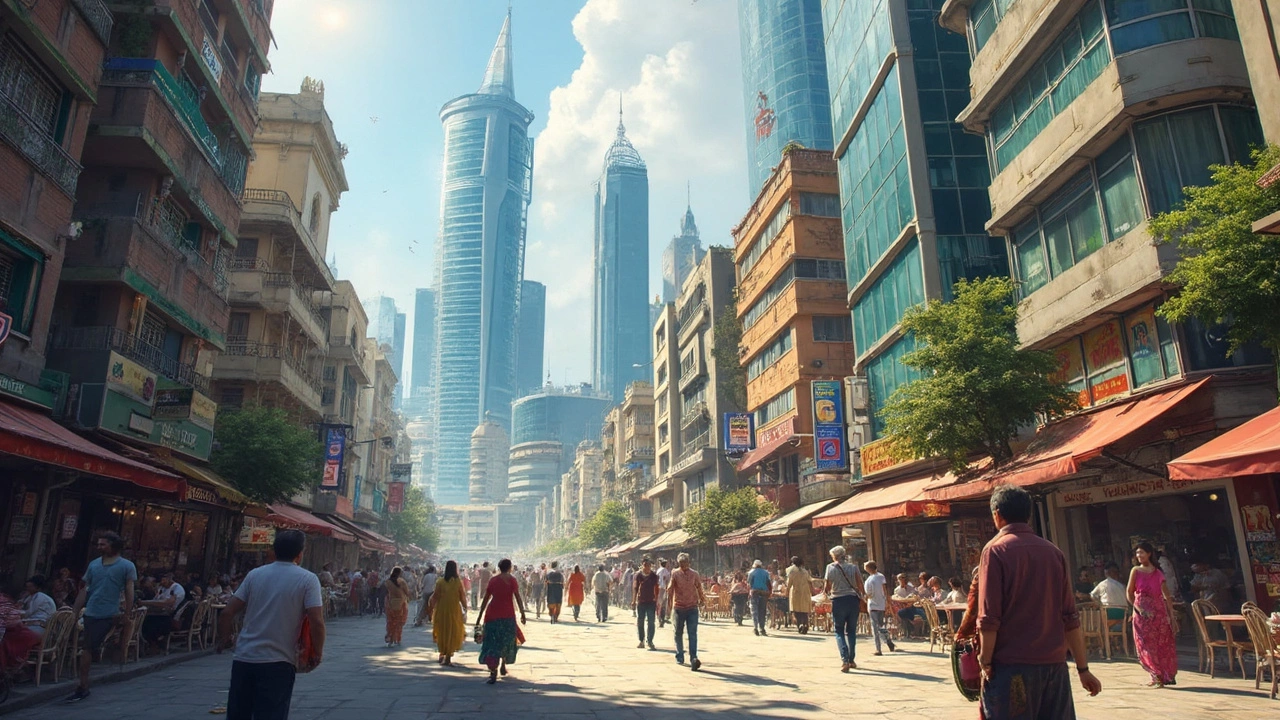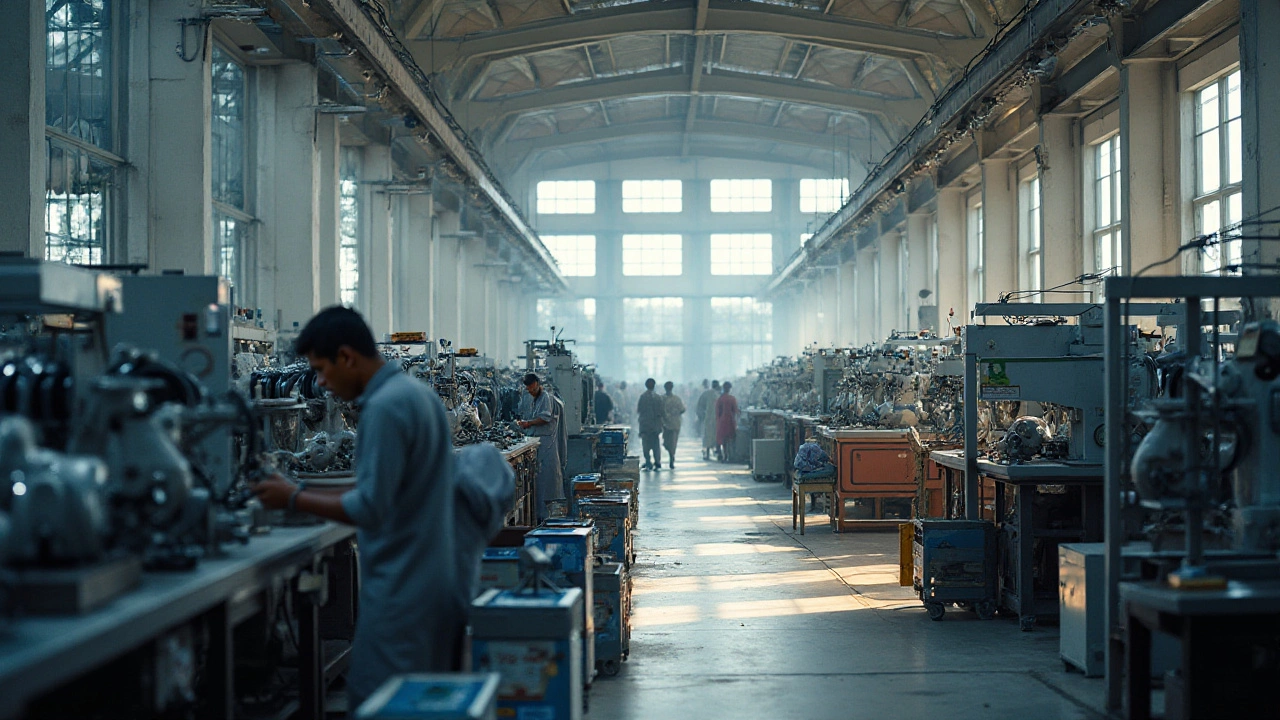Industrial Construction: Practical Tile and Material Tips from KSR Ceramics
If you’re planning a factory floor, a warehouse, or any large‑scale industrial space, the right tiles and materials can save you time, money, and headaches. You don’t need to be an engineer to pick something that lasts. Below are simple steps to choose the best ceramics for tough environments.
Why Choose Ceramic Tiles for Industrial Spaces?
Ceramic tiles are hard, easy to clean, and resist chemicals that show up in many plants. Unlike some concrete finishes, tiles don’t crack easily under heavy loads when you pick the right thickness and slip‑resistance rating. They also come in a range of colors, so you can keep a neutral look or add a pop of brand colour without extra paint jobs.
Key Things to Check Before Buying
Load rating. Look for tiles rated for heavy foot traffic and equipment wheels. KSR Ceramics lists the load capacity on every product page, so you can match it to the weight of your machinery.
Water absorption. Low absorption means the tile won’t swell if spills happen. For factories that handle liquids, pick tiles with less than 0.5% absorption.
Slip resistance. A slip‑resistance score (R or P rating) tells you how safe the floor is when wet. Choose a rating that meets local safety codes – usually R10 or higher for warehouses.
Size and layout. Bigger tiles cover more area with fewer grout lines, which means less cleaning. However, very large tiles can be harder to install on uneven floors. Measure your space and ask KSR’s support team for the best size options.
Cost vs. lifespan. The cheapest tile may need replacement sooner. A slightly pricier, high‑grade ceramic can last 20+ years, reducing long‑term costs.
When you know these basics, the shopping part becomes quick. KSR Ceramics offers an online catalog where you can filter by load rating, slip resistance, and size. You can also request sample tiles to see the finish in person before ordering.
Once you’ve picked the tiles, plan the installation with a qualified contractor. Ask them to level the sub‑floor, use a proper adhesive, and follow the recommended curing time. Skipping these steps can lead to cracked tiles and costly repairs later.
In summary, industrial construction doesn’t have to be confusing. Focus on load capacity, water absorption, slip resistance, and size. Use KSR Ceramics’ detailed product info to compare options, request samples, and choose a tile that will stand up to heavy use. With the right tile, your industrial space stays clean, safe, and looks professional for years to come.
Differences Between Commercial and Industrial Construction: What's What?
Ever wondered how commercial and industrial construction differ? They're both big and important, but they serve different needs. Commercial construction involves everything from shops to skyscrapers, while industrial construction focuses on factories and energy plants. This article dives into what makes each one unique, providing insights and tips if you're planning a building project.
Continue ReadingUnderstanding the Differences Between Industrial and Commercial Construction
Industrial and commercial construction may seem similar, but they serve distinct purposes and have unique requirements. Industrial construction focuses on facilities used for manufacturing and production, like factories and plants. On the other hand, commercial construction involves building projects like offices, retail spaces, and entertainment facilities intended for commerce activities. This article explores the key distinctions between these two types of construction, providing insights into their processes, purposes, and trends.
Continue Reading
